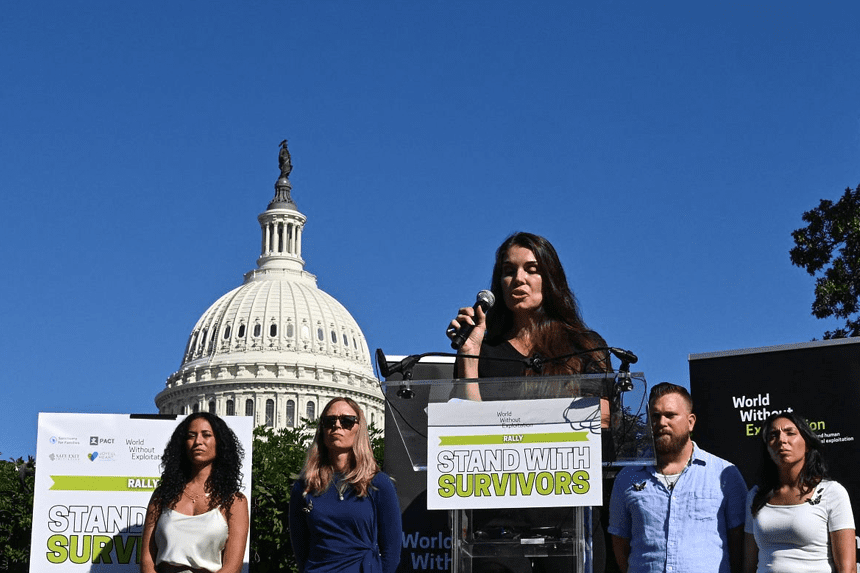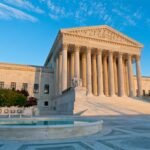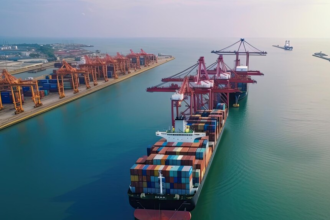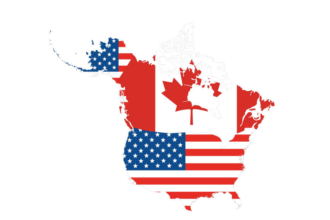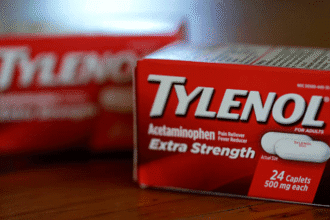People who were abused by Jeffrey Epstein are asking U.S. politicians and the Department of Justice to make public all of the records that are still related to the late financier’s criminal activities. At a news conference on the steps of the U.S. Capitol, several women told horrifying stories of being taken advantage of and said they were building a confidential list of people who they think were part of Epstein’s network.
The group, which included several well-known accusers, said they wanted to safeguard survivors and asked federal officials to be open about what they were doing. The call for accountability is getting stronger, as many survivors say that justice is not complete until the public can see Epstein’s full list of associates and case papers.
Several politicians are now supporting efforts to force the Justice Department to make all sealed records in the case public. This has started a national debate about privacy, accountability, and justice for victims.
Why Are Survivors Making a Private List?
Lisa Phillips, a survivor, says that the organization is secretly writing down the names of those who were deeply involved in Epstein’s society. The goal is to make sure that individuals who helped or took part in abuse aren’t protected by power or legal tricks.
Phillips said, “This list will be made by survivors for survivors.” She also said that a lot of victims are scared to speak out in public because they are frightened of getting in trouble with the law or being hurt.
A lawyer who was helping the ladies agreed with these anxieties, saying that institutions had failed to protect them in the past. The endeavor is part of a larger campaign to take back power and truth from a system that survivors believe has failed them. Here is the link to our article on Duterte ICC justice.
What Are Lawmakers Doing to Fix It?
Politicians from both sides are getting involved. Congressmen Thomas Massie and Ro Khanna are trying to get enough support to force a vote that would require the release of all papers relating to Epstein’s network. They need at least 218 votes, including six from Republicans, to win.
This bipartisan effort comes at a time when the Justice Department is under more and more pressure. Recently, it published more than 33,000 pages of information, most of which were already public. Critics say the move wasn’t clear and didn’t give survivors any genuine justice.
Top Democrats say that government agencies are hiding important papers that could help find the people who did it. They also say that political and institutional resistance is making it hard to hold everyone accountable.
What do the survivors want to be let go?
Survivors want the identities, addresses, flight logs, bank data, and all interactions between Epstein and his known associates to be made public. They say that real justice can’t happen until the whole network is revealed, not just the main criminals.
The 300-page transcript of a Department of Justice interview with Ghislaine Maxwell and other recent revelations did not make it any clearer how deep Epstein’s relationships were. Key parts were heavily blacked out, which made survivors angry and doubtful about what the government was trying to do.
Marina Lacerda told her story for the first time. She said that when she was 14, she was recruited and made to go through years of abuse. Her statements showed how much pain she was still in and how important it was to tell the whole truth. Here is the link to our article on Ghana justice removal.
Are people being misled?
Some politicians have called these calls for openness “political stunts.” But survivors and activists say this isn’t about politics; it’s about justice and human rights.
Chauntae Davies, one of the survivors, said that Epstein regularly talked about his famous friends, such as former U.S. President Donald Trump. None of the people who have accused Trump of wrongdoing have said that he did anything wrong, but they have warned against disregarding Epstein’s enormous social network.
Davies and others have spoken out against public figures who have made disrespectful comments, saying that this issue goes beyond politics. Massie remarked, “It’s shameful to call this a hoax,” stressing that real individuals were hurt.
Final Thoughts
Epstein survivor testimony provides the most recent evidence showing an increasing need for justice and openness. Survivors are doing more than just telling their stories; they are keeping track of who is responsible. It’s clear what they want: complete access to all case documents and the exposure of everyone involved. Without this, the legal system might not be able to protect people it promised to. In the next several weeks, we may find out if the truth will finally come out or if it will be hidden by power and quiet.


